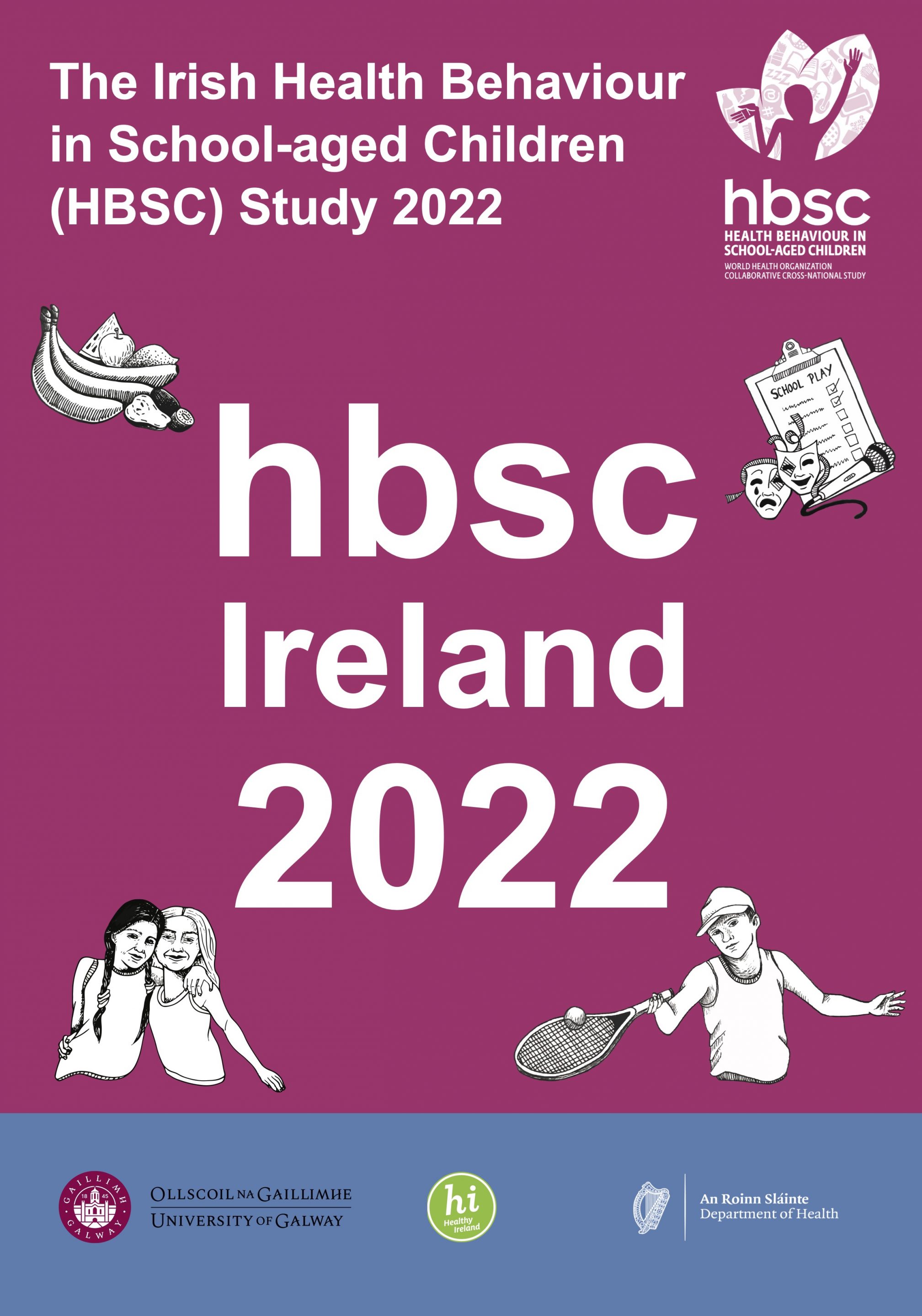A newly released report from the Health Behaviour in School-aged Children (HBSC) team in Ireland paints a complex picture of youth well-being. The findings, published by the team at the University of Galway, reveal a mix of encouraging trends and areas of deepening concern. The report highlights critical shifts in mental health, substance use, and lifestyle habits—offering crucial insights to guide the support of young people throughout Ireland.
Mental health concerns
Alarmingly, the report notes that 20% of children report feeling lonely most of the time or always in the past 12 months. Additionally, the WHO-5 Well-Being Index indicates that 36% of children are classified as having low mood or being at risk of depression. These issues were particularly pronounced among girls and older children, signalling a need for targeted mental health interventions in these groups.
Substance use shifts
While there has been a decrease in traditional smoking among youth—from 12% in 2018 to 9% in 2022—the use of electronic cigarettes has risen. In 2022, 18% of youth reported having tried electronic cigarettes, and 13% used them in the last 30 days. This shift suggests that public health messages about the risks of smoking are being heeded, but the allure of vaping is strong and growing.
The survey found that 69% of children reported never having drunk alcohol, an improvement from previous years. However, 18% of children reported having been ‘really drunk’ in the last 30 days. Cannabis use in the last 12 months has decreased slightly, from 8% in 2018 to 6% in 2022.
Lifestyle and dietary habits
An increasing number of children reported not having breakfast, with 19% skipping the first meal of the day on weekdays—a significant rise from 13% in 2018. This change, coupled with 18% of children reporting going to school or bed hungry because there was not enough food at home, highlights growing food security issues among Irish youth.
On a positive note, 50% of children reported participating in vigorous exercise four or more times per week. This indicates a relatively high level of physical activity, which is crucial for both physical health and mental well-being.
Sun safety has seen some improvement, with 85% of children reporting using sunscreen on sunny days, up from 80% in 2018. However, 75% reported being sunburnt at least once last summer, suggesting that while awareness is increasing, actual protective practices may still lag behind.
Social behaviours and bullying
The report reveals a slight decrease in bullying, with 29% of children reporting being bullied at school once or more in the past couple of months. Furthermore, 27% of children reported being involved in a physical fight in the last 12 months. These numbers, though showing a decline, still reflect significant issues in school environments that require ongoing attention and intervention.
Menstrual health and period poverty
For the first time, the report included data on menstrual health, revealing that 60% of girls who have begun menstruating reported missing school due to period symptoms. Additionally, 10% of girls reported being unable to afford period products at least once, highlighting a significant barrier to education and well-being for young women.
Impact of COVID-19
The pandemic has had a mixed impact on children’s lives, according to the report. While 54% reported a positive impact on relationships with their family, and 46% saw improvements in physical activity, there were concerning effects too. A significant 40% of children reported negative impacts on their mental health and school performance due to COVID-19 measures. These findings underscore the need for tailored support as children continue to navigate the aftermath of the pandemic.
A call to action
The HBSC Ireland report highlights critical areas that demand attention from policymakers and community leaders. With mental health, substance use, and dietary habits at the forefront, there is a clear need for comprehensive strategies that are tailored to the unique challenges faced by today’s youth. These strategies should not only focus on prevention but also on creating supportive environments that reinforce healthy choices.
Community engagement is essential in this process. By involving families, schools, and local organizations in health promotion activities, a broader impact can be achieved. It is through collective efforts that the complex health issues depicted in the report can be effectively addressed, enhancing the well-being of young people across Ireland.
Read the report (English)
